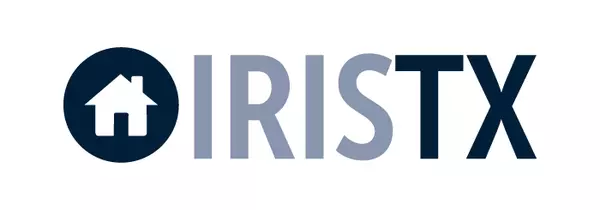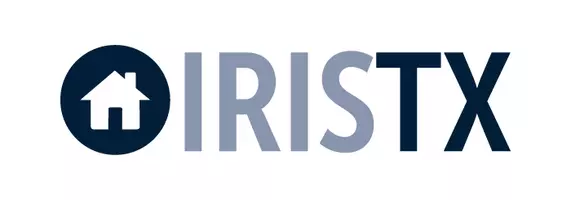
What is a seller contribution in real estate?
A seller contribution, often referred to as a seller concession, is a common practice in real estate transactions. It involves the seller of a property agreeing to cover some of the buyer's closing costs or other expenses associated with the purchase. Seller contributions can vary in terms of the a

Where Does the Money Come From for Mortgage Loans?
In the olden days, when someone wanted a home loan they walked downtown to the neighborhood bank or savings & loan. If the bank had extra funds lying around and considered you a good credit risk, they would lend you the money from their own funds. It doesn’t generally work like that anymore. Most of

What are the benefits of buying a home in the summer?
Buying residential real estate in the summer can have several benefits, and I'm here to provide you with some insights.: More Inventory: Summer is typically a peak season for real estate listings. Sellers often put their homes on the market during this time, leading to a wider selection of propertie
Categories
Recent Posts











